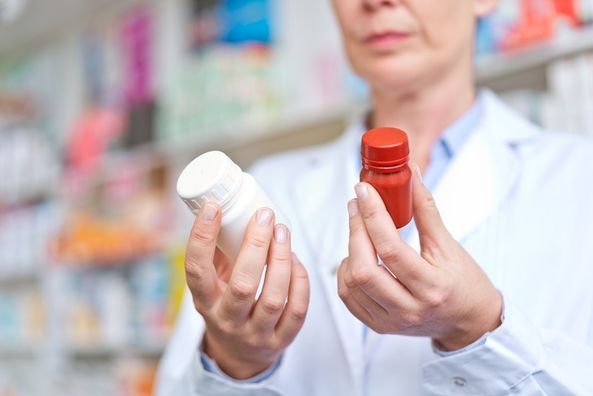The “Prebiotic Soda” has seen a recent surge of popularity and growth in the beverage industry over the past couple of years, shifting the soda market toward healthier alternatives in fizzy drinks. Some of the most beloved brands have come into popularity for their low-calorie count and surprisingly satisfying flavors. These brands boast gut-healthy properties due to the prebiotics they contain. Marketed as a “beverage with benefits,” they are being hailed as a healthier option, but are they a good substitute for getting your daily prebiotic fix?
What are prebiotics?
Prebiotics — not to be confused with probiotics, which are live microorganisms, often bacteria, that are beneficial for your gut health – are a type of fiber that serve as food for beneficial gut bacteria. These “gut microbiota” play a crucial role in various aspects of our overall health. Whether it’s the regulation of our immune system or metabolism, they play a critical role in maintaining a healthy microbiome. The human microbiome is a complex community of microorganisms that live in our digestive tracts and affect everything from our digestion to our mood and immune response. Consuming prebiotics helps to nourish these beneficial bacteria, promoting a balanced and healthy gut environment.
Is a prebiotic soda good for you?
When we examine the contents of these prebiotic sodas, it’s evident how they differentiate themselves from traditional sodas. Ingredients such as sparkling water, apple cider vinegar, fruit juices, and organic cane sugar set them apart from sodas loaded with sugar and high fructose corn syrup. These drinks, coining the slogan “better for you,” live up to their claim of being a much healthier alternative to mainstream colas and energy drinks.
However, when looking at the prebiotic content in these sodas, the small amount of prebiotic fiber is not likely to make a meaningful impact on your gut health. While these beverages may provide a minimal beneficial boost, they might not offer enough prebiotic fiber to significantly impact gut health on their own.
How many prebiotics do you need?
Health experts suggest a daily intake of about 25 to 38 grams of fiber for adults, a portion of which should come from prebiotics. While prebiotic sodas can support this intake, relying solely on soda may not meet the necessary levels for optimal gut health. Instead, we recommend incorporating a variety of prebiotic-rich foods into your diet – like garlic, onions, bananas, and whole grains, to ensure adequate fiber consumption.
Are prebiotic sodas better than traditional sodas?
Along with their prebiotic content, prebiotic sodas are also appealing due to their lower sugar content compared to traditional sodas. The use of natural sweeteners and fruit juices not only reduces calorie intake but also provides a more complex flavor profile that you may find refreshing. As healthcare providers, we love the shift towards lower-sugar drinks, but we also recommend exploring beverages that are hydrating, delicious and don’t include added ingredients. If you’re looking for additional soda alternatives, we recommend adding sliced fruit to your water, trying a variety of herbal teas or exploring sparkling waters.
If you’re looking for additional support in making healthy changes to your diet and lifestyle, schedule an appointment with your Duly primary care provider.
While prebiotic sodas present a healthier alternative to traditional sodas and contribute to gut health, they should be part of a balanced diet rich in various sources of prebiotics. Their popularity underscores a significant shift in consumer preferences towards healthier, functional beverages. As drink options continue to evolve, you can expect to see even more innovative products that prioritize health without sacrificing flavor.
Health Topics:








